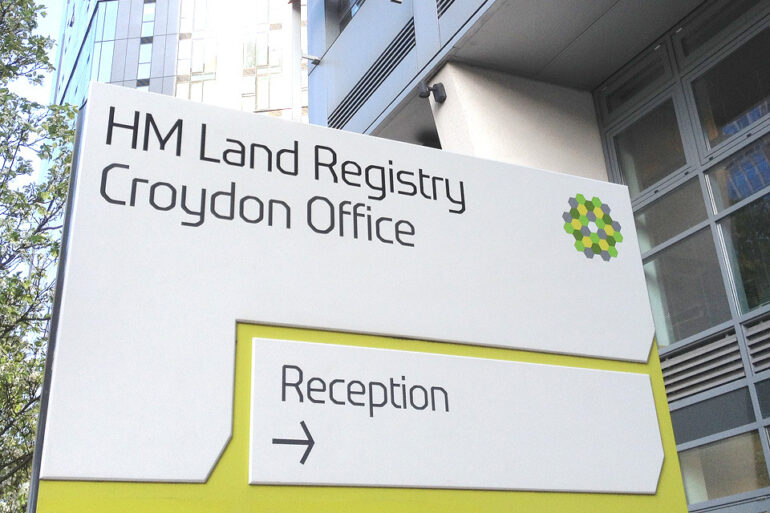From 9th December, fees for accessing HM Land Registry information are set to increase for the first time in 10 years, including a £4 increase for electronically inspecting an individual register or plan – one of the most commonly accessed data sets the Land Registry offers.
Moverly analysed historical data from the past five years to see how often this register is accessed, and how this cost will increase following the Land Registry’s impending price hike.
For the past decade, the cost of electronically inspecting an individual register or plan has stood at £3 per view.
But in December this will increase by £4 to £7 per view.
The information accessed includes, but it is not limited to, tenure type, any restrictive covenants or easements that are in place, land survey results, and any title plan or caution plan of an individual title.
Between the years 2019-20 and 2023-24, there have been an average of 6.7 million views of the register each year.
At the cost of £3 per view, HM Land Registry has netted an average of £20.2m every year.
Now that the price is being increased to £7, Moverly calculated that this number of viewings would cost more than £40m a year, marking an increase of £26.9m or 133.3%.
Gemma Young, CEO at Moverly, said: “HM Land Registry is increasing its costs in order to accelerate service improvement through digital transformation.
“For those who need access to much of this information to make an informed decision on property purchases, this increased cost is, in the grand scheme of things, by the by.
“But the total cost of all searches, which number more than six million a year, shows just how many people rely on this data.”
Young added: “Homebuyers, in particular, require a huge amount of information and documentation from different sources that must then be puzzled together to create an accurate and reliable picture of the property they are considering buying, from its structural integrity through to any potential issues that lay secreted in its surrounding land.
“That’s why providing up-front information can have a significant impact. The more a buyer knows about a property, the more quickly they can come to an informed buying decision.
“This is one of the outcomes from focusing on upfront information which reduces the transaction timeline, the chance of a fall-through, and mitigates the risk of buyers spending a significant amount of money on things like Land Registry searches only for it to be wasted when their search leads to discoveries which, in turn, lead to them backing out from the purchase.”




